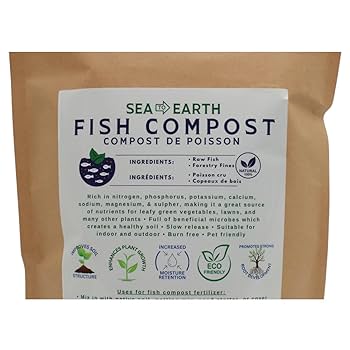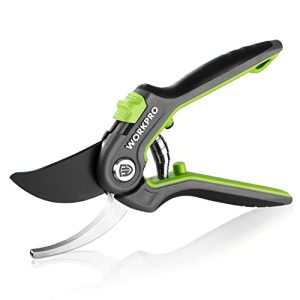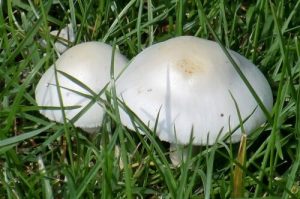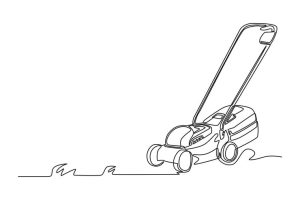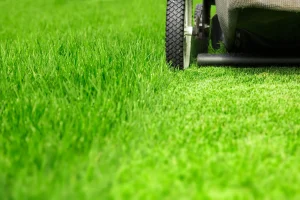Have you ever wondered if fish fertilizer could be the secret ingredient your garden needs? If you’re searching for a natural way to boost your plants’ growth, you’re not alone.
Many gardeners like you are curious about fish fertilizer and its nitrogen content. Is it truly as effective as people claim? Does it really provide your plants with the essential nutrients they require? Understanding the nitrogen content in fish fertilizer can transform your gardening game, leading to lush, vibrant plants that thrive.
Stick around to discover the surprising benefits and how they can impact your garden’s success.
Benefits Of Fish Fertilizer
Fish fertilizer is a rich source of nitrogen, essential for plant growth. It boosts soil health and enhances nutrient absorption. Its organic composition supports sustainable agriculture practices.
Fish fertilizer offers many benefits for gardeners and farmers. It is an organic option that enriches the soil and promotes healthy plant growth. Derived from fish byproducts, this fertilizer is packed with nutrients. Let’s explore the benefits of fish fertilizer.Nutrient Composition
Fish fertilizer is rich in essential nutrients. It contains nitrogen, phosphorus, and potassium. These nutrients are vital for plant growth. Nitrogen helps plants grow strong and green. Phosphorus supports root development and flowering. Potassium strengthens plant cells and improves drought resistance.Improving Soil Health
Fish fertilizer enhances soil health. It boosts microbial activity in the soil. This improves nutrient availability for plants. Healthy soil supports better plant growth. Over time, it builds rich, fertile soil. Plants grow stronger and more productive.Environmental Advantages
Fish fertilizer is environmentally friendly. It is made from fish industry byproducts. Using it reduces waste and supports sustainability. It is biodegradable and non-toxic. This makes it safe for the environment. It does not pollute water sources or harm wildlife.
Credit: www.facebook.com
Nitrogen Content In Fish Fertilizer
Fish fertilizer has gained popularity among gardeners and farmers due to its organic nature and beneficial nutrients. One of the key components of fish fertilizer is nitrogen, which is essential for plant growth. But how does the nitrogen content in fish fertilizer compare to other fertilizers, and what factors influence its levels? Understanding these aspects can help you make informed decisions for your gardening needs.
Comparison With Other Fertilizers
When comparing fish fertilizer to synthetic fertilizers, you’ll find that fish fertilizer typically has a lower nitrogen content. Synthetic fertilizers can offer high concentrations, sometimes exceeding 20% nitrogen. On the other hand, fish fertilizer usually contains around 2-5% nitrogen. While this might seem low, the slow-release nature and additional micronutrients in fish fertilizer can be advantageous.
Organic fertilizers like compost and manure also have varying nitrogen levels. Compost generally has lower nitrogen content compared to fish fertilizer, while manure can be similar or slightly higher. The choice between these depends on your plants’ needs and your commitment to organic gardening.
Factors Affecting Nitrogen Levels
The nitrogen content in fish fertilizer can vary based on several factors. The type of fish used, processing methods, and additional ingredients all play a role. For instance, fish emulsion is made from fish byproducts and may have different nitrogen levels compared to fish hydrolysate, which uses whole fish.
Manufacturers might add other organic materials or nutrients to enhance the fertilizer, influencing its overall nitrogen content. Checking the label and understanding the production process can give you insights into the specific nitrogen levels you’re working with.
Importance Of Nitrogen For Plants
Nitrogen is crucial for your plants as it promotes healthy leaf growth and vibrant color. It’s a vital component of chlorophyll, which helps plants convert sunlight into energy. Without adequate nitrogen, plants may exhibit stunted growth and yellowing leaves, leading to reduced yields.
Have you ever noticed your plants looking a bit lackluster? This could be a sign of nitrogen deficiency. By using fish fertilizer, you not only provide nitrogen but also other essential nutrients that support overall plant health. Isn’t it fascinating how one nutrient can make such a difference?
Types Of Fish Fertilizer
Fish fertilizers are a popular choice for gardeners seeking natural options. They offer a rich source of nutrients, including nitrogen, essential for plant growth. Understanding the types of fish fertilizers can help you choose the right one for your garden’s needs. Let’s explore the main types of fish fertilizer available.
Liquid Fish Emulsion
Liquid fish emulsion is a common choice among gardeners. It is made by breaking down fish parts with enzymes. This process creates a concentrated liquid packed with nutrients. Liquid fish emulsion is easy to apply. It can be mixed with water and sprayed directly onto plants. This type of fertilizer is quickly absorbed, providing fast results.
Fish Meal
Fish meal is a dry, powdered form of fish fertilizer. It is created by grinding fish parts into a fine powder. Fish meal is rich in nutrients, including nitrogen. It is often used as a soil amendment. Gardeners mix it into the soil to improve its nutrient content. This type of fertilizer releases nutrients slowly, providing long-lasting benefits.
Hydrolyzed Fish Fertilizer
Hydrolyzed fish fertilizer is made using a gentle process. This process preserves more nutrients from the fish. It creates a liquid fertilizer that is highly nutritious. Hydrolyzed fish fertilizer supports strong plant growth. It is often used for organic gardening. This type of fertilizer is also environmentally friendly.
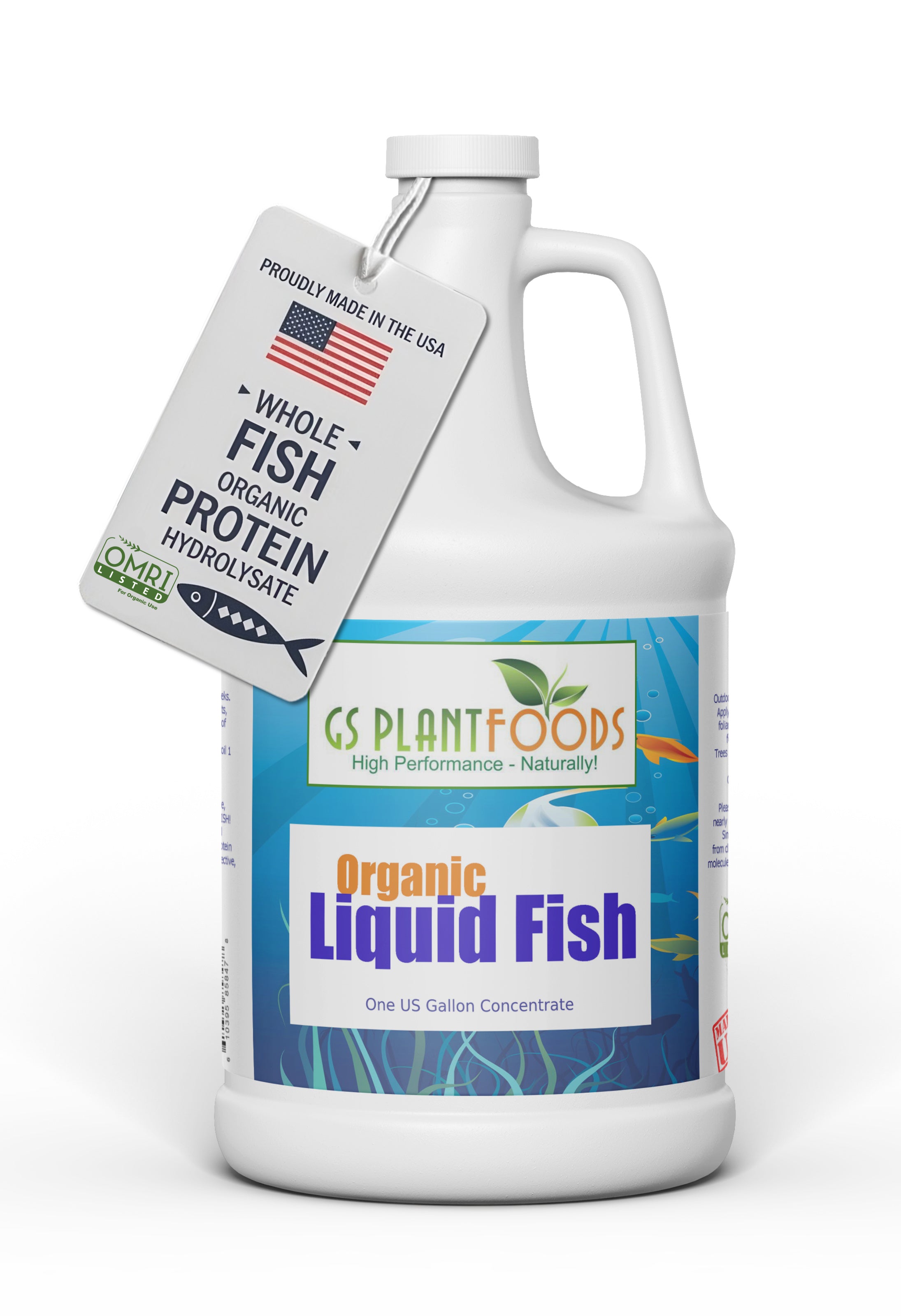
Credit: gsplantfoods.com
Application Methods
Fish fertilizer is a popular choice for gardeners. It enriches the soil with nutrients, especially nitrogen. Applying fish fertilizer correctly can enhance plant growth significantly. Different methods suit various plants and gardens. Let’s explore the best practices for using fish fertilizer effectively.
Best Practices For Use
Using fish fertilizer requires careful consideration. Dilute the fertilizer before application. Follow the instructions on the package. Use a watering can or spray bottle for even distribution. Apply directly to soil around the base of plants. Avoid applying on leaves to prevent potential burning. For potted plants, ensure proper drainage to avoid waterlogging.
Frequency Of Application
Timing is crucial for fish fertilizer application. Apply every two weeks during the growing season. For established plants, monthly applications may suffice. Adjust the frequency based on plant health and growth rate. Over-fertilizing can harm plants, so monitor growth and adjust accordingly. Seasonal changes may affect application needs.
Safety Precautions
Safety is important when using fish fertilizer. Wear gloves to protect your skin. The strong odor can attract pests; store fertilizer securely. Keep children and pets away from treated areas. Wash hands thoroughly after handling. Ensure the fertilizer doesn’t contaminate water sources. Proper application prevents environmental harm.
Potential Drawbacks
High nitrogen levels in fish fertilizer may harm some plants, causing leaf burn or stunted growth. Overuse can lead to nutrient imbalances in the soil, affecting plant health.
While fish fertilizer is a popular choice for its rich nitrogen content, it does come with some potential drawbacks that you should consider before diving in. Understanding these can save you from unexpected surprises and ensure your gardening experience remains pleasant and productive.Odor Concerns
One of the most immediate drawbacks of using fish fertilizer is the strong odor. It can be overwhelming, especially when used in enclosed spaces or near your home. You might find yourself explaining the smell to curious neighbors or family members. If you’re sensitive to strong scents, this might not be the best choice for you.Cost Considerations
Fish fertilizer can be more expensive than other fertilizers. For a gardener on a budget, this might be a significant factor. However, weighing the benefits against the costs is crucial. Would you prefer spending a bit more for a natural product, or opt for a cheaper synthetic alternative?Availability Issues
Depending on where you live, finding fish fertilizer may not be straightforward. Not every garden center stocks it, and ordering online might add shipping costs. If you prefer buying locally, you might need to check with multiple stores. This could be a hassle, especially during peak gardening season. Understanding these drawbacks helps you make informed decisions. Have you ever faced any of these challenges with fish fertilizer? Your gardening journey can be smoother when you’re prepared.Comparative Effectiveness
Fish fertilizer is rich in nitrogen, boosting plant growth effectively. Its organic nature enhances soil health and supports robust development. Ideal for vegetable gardens and flowering plants, it provides essential nutrients for thriving landscapes.
Fish fertilizer is a popular choice among gardeners for its nutrient-rich profile. It is particularly noted for its high nitrogen content, essential for plant growth. This fertilizer serves as an excellent alternative to chemical fertilizers. Understanding its comparative effectiveness can help gardeners make informed decisions.Results In Different Plant Types
Fish fertilizer benefits a wide range of plants. Leafy greens, like spinach and lettuce, thrive with its nitrogen boost. Flowering plants, such as roses, show enhanced color and bloom size. Vegetable crops exhibit robust growth and improved yield. Each plant type responds positively, making fish fertilizer versatile.Long-term Impact On Soil
Fish fertilizer not only feeds plants but also enriches soil. It improves soil structure by increasing microbial activity. Over time, soil retains moisture better and becomes more fertile. This natural enrichment reduces the need for chemical additives. It creates a sustainable growing environment for plants.User Testimonials
Gardeners often share positive experiences with fish fertilizer. One user noted improved tomato growth and richer foliage. Another gardener praised its ease of use and quick results. Users appreciate the organic nature and lack of harsh chemicals. Overall, feedback highlights satisfaction with its performance.Sustainability Aspects
Fish fertilizer is gaining attention for its sustainability aspects. It offers a natural alternative to chemical fertilizers. Understanding its impact on the environment is crucial. Let’s explore the sustainability facets of fish fertilizer.
Impact On Marine Ecosystems
Fish fertilizer production can affect marine life. Overfishing for raw materials disrupts ecosystems. It depletes fish populations. This imbalance harms ocean biodiversity. Sustainable practices are essential to protect these environments.
Sustainable Sourcing Practices
Sustainable sourcing of fish fertilizer is key. By-products from the fishing industry are utilized. This reduces waste and environmental impact. Responsible sourcing ensures minimal harm to marine life. It supports ecological balance.
Contribution To Organic Farming
Fish fertilizer plays a role in organic farming. It enriches soil with natural nutrients. Nitrogen, phosphorus, and potassium are essential for plant growth. Organic farmers benefit from this eco-friendly solution. It supports sustainable agriculture and healthier produce.

Credit: www.facebook.com
Frequently Asked Questions
Does Fish Fertilizer Have High Nitrogen?
Fish fertilizer typically contains moderate nitrogen levels. It supports plant growth and improves soil health. Ideal for gardens, it provides essential nutrients. Check specific product labels for precise nitrogen content.
What Fertilizer Is The Highest In Nitrogen?
Urea is the highest nitrogen fertilizer, containing about 46% nitrogen. It’s efficient for rapid plant growth. Use it carefully to prevent over-fertilization. Urea is popular for its high nitrogen content and cost-effectiveness. Always follow application guidelines for best results.
What Plants Do Not Like Fish Fertilizer?
Plants sensitive to salt, like succulents, may not thrive with fish fertilizer. Avoid using it on delicate indoor plants. Certain herbs, such as rosemary and lavender, also prefer less nutrient-rich soil. Always check plant-specific needs before applying fish fertilizer to ensure optimal growth.
What Happens If You Put Too Much Fish Fertilizer On Plants?
Excess fish fertilizer can burn plant roots, causing yellowing leaves and stunted growth. It may also lead to nutrient imbalances in the soil. Always follow recommended dosages to ensure plant health and avoid potential damage.
Conclusion
Fish fertilizer is a good source of nitrogen. Plants need nitrogen to grow strong. This fertilizer comes from fish waste. It’s natural and safe for gardens. Use it for green leaves and healthy roots. It helps plants fight disease. Easy to apply and eco-friendly.
Remember to follow package instructions. Overuse can harm your plants. Choose fish fertilizer for a balanced garden. Keep your plants thriving with regular care. Gardens flourish with the right nutrients. Fish fertilizer offers a simple solution. Enjoy a lush and vibrant garden with its benefits.
Happy gardening!

